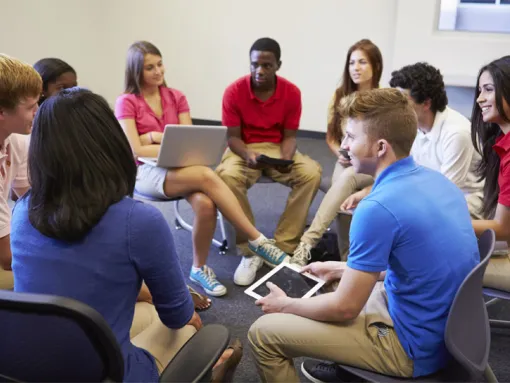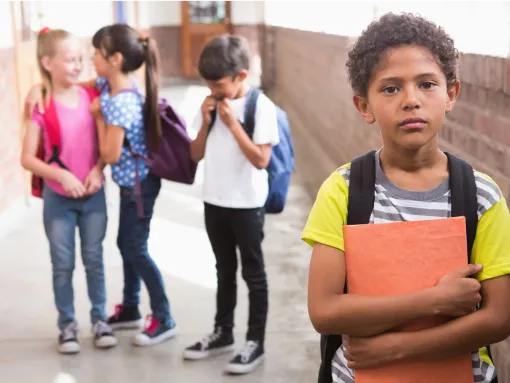
Table Talk: Family Conversations About Current Events For Parents, Families, and Caregivers | 10 and upTopic Summary
Election years usually present rich opportunities for parents and educators to talk with young people about civics, the electoral process, how government works and politics. This presidential election year, however, has left many feeling hesitant about how to raise the topic and specifically, how to approach the…























